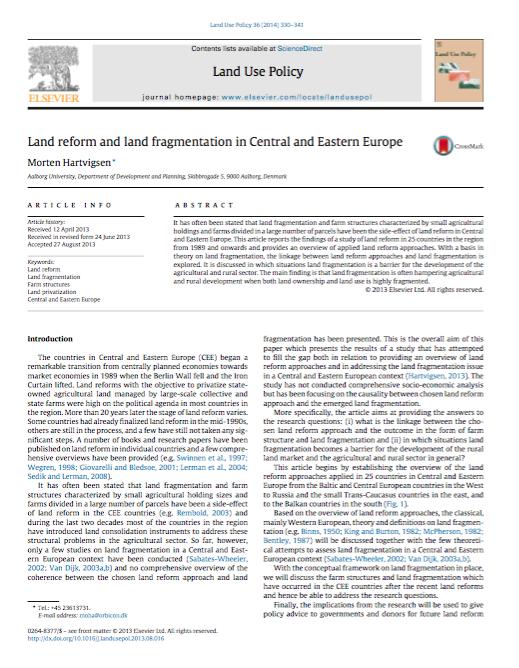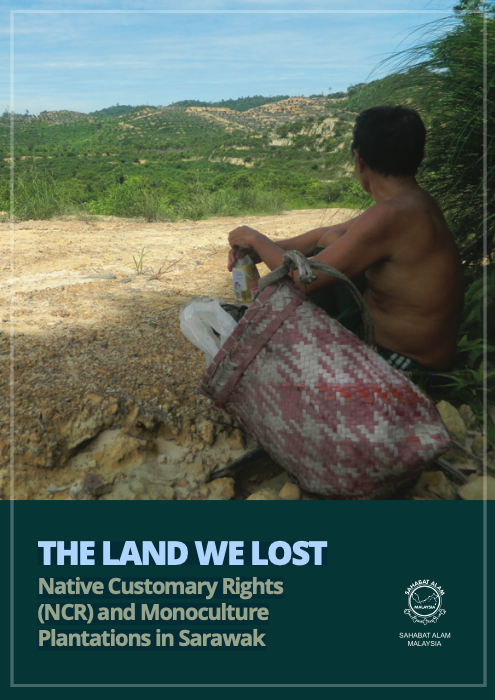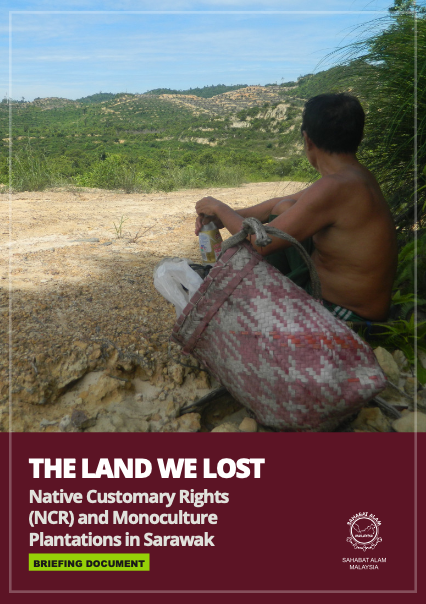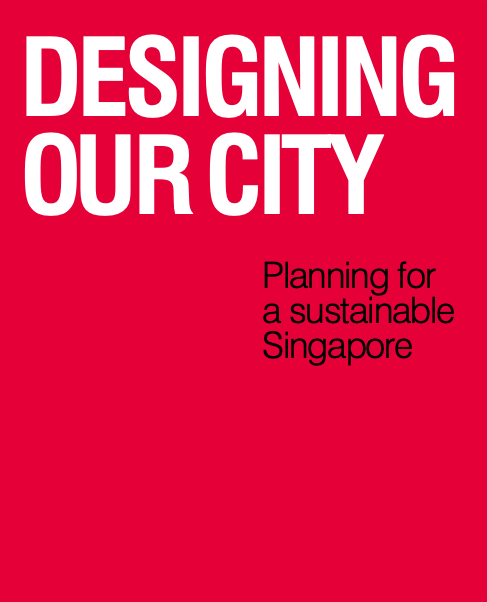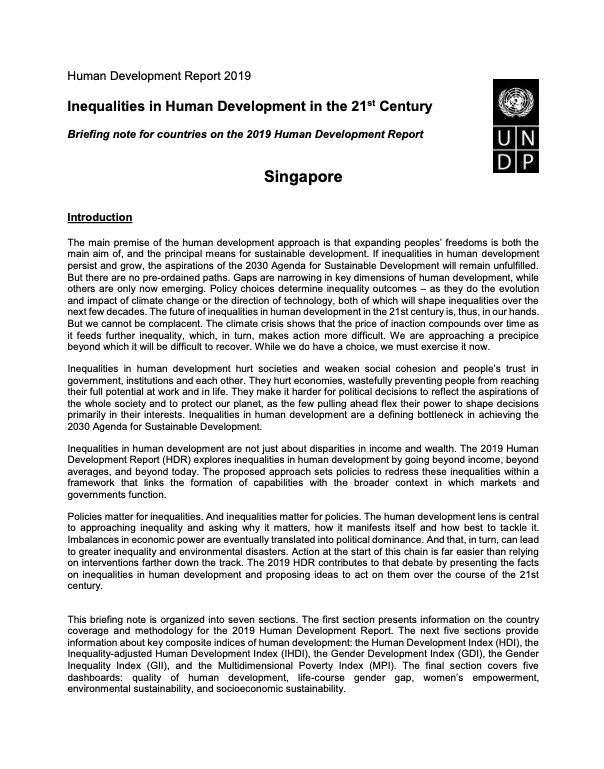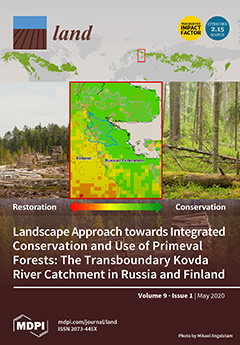Natural Resource Conservation Based on Community Economic Empowerment: Perspectives on Watershed Management and Slum Settlements in Makassar City, South Sulawesi, Indonesia
The purpose of this study is to analyze the influence of slum development, community poverty, and community behavior on environmental degradation in the Tallo river basin in Makassar City and to analyze the effects of natural resource conservation, economic empowerment, community capacity building on the productivity of economic enterprises and ecosystem-based sustainability. This study uses a qualitative-quantitative approach in sequence. Data were obtained through observation, surveys, and documentation.


